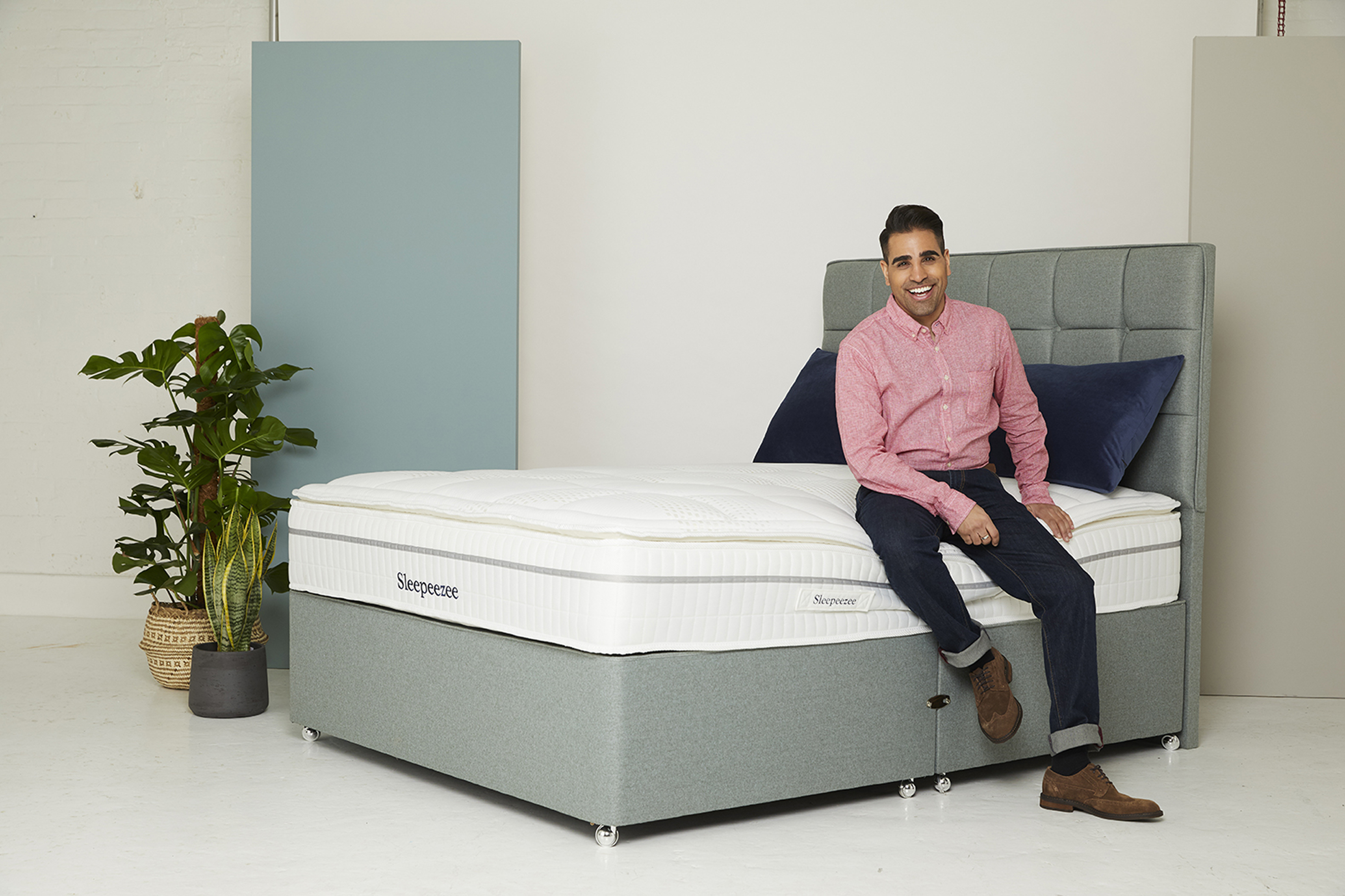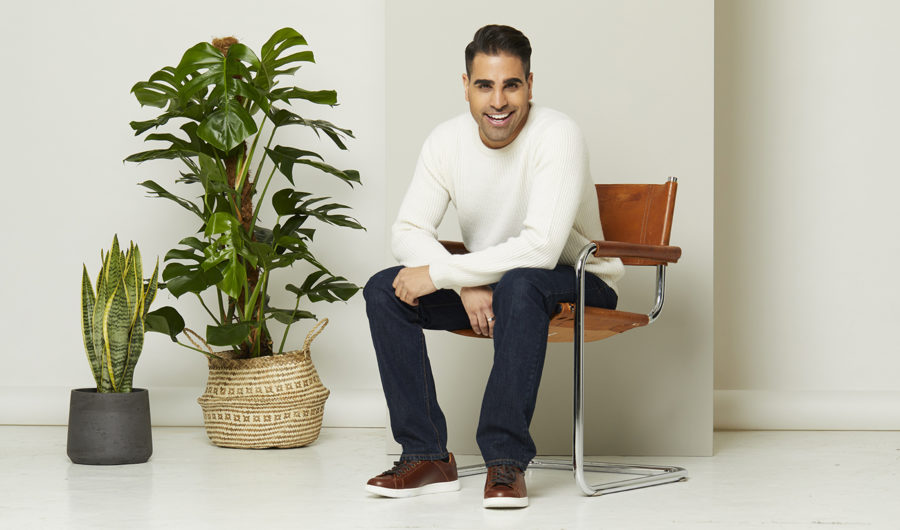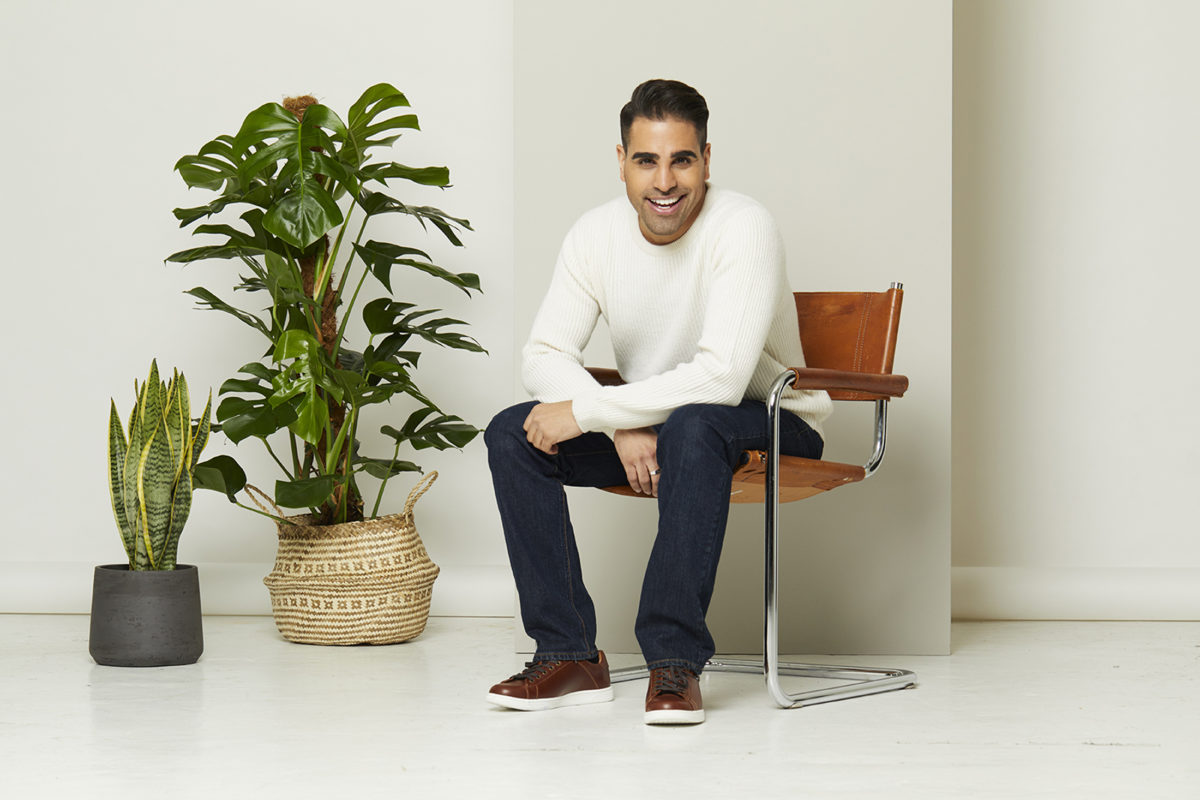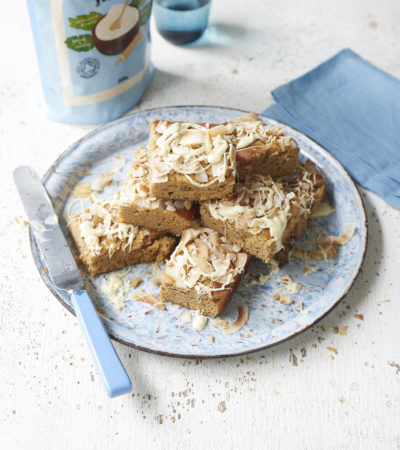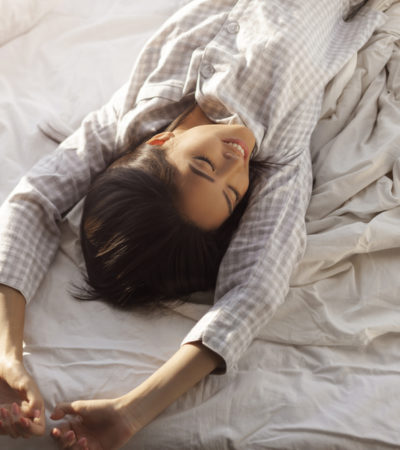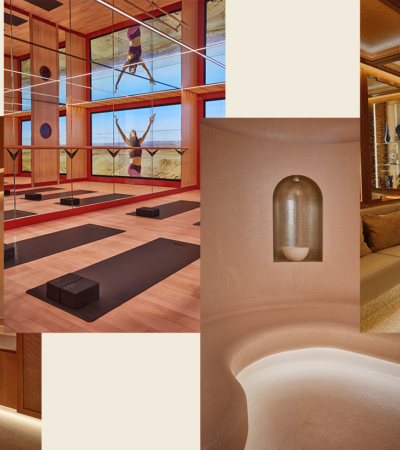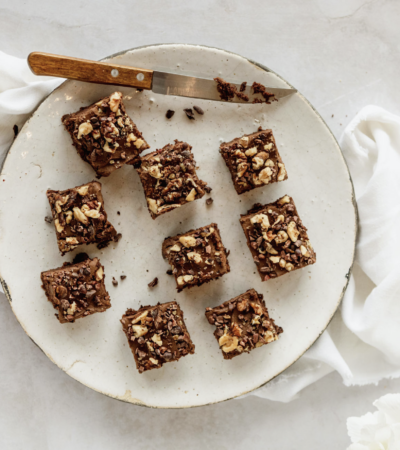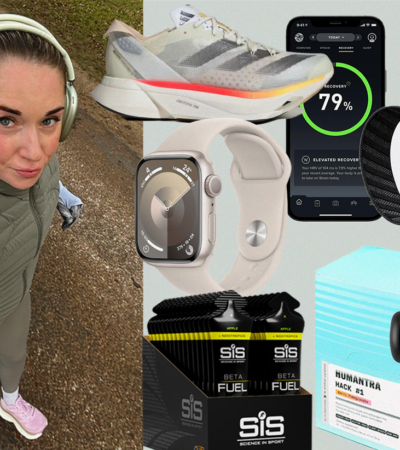For something that is so fundamental to our lives, there’s a lot we don’t get right about sleep. Here, Sleepeezee’s Brand Ambassador, doctor and TV presenter, Dr Ranj Singh, debunks some of the most common myths around sleep in order for you to get the best nights rest this Sleep Week.
Myth #1
Alcohol makes you sleep better
Like to have a nightcap before bed? Some might say it helps you sleep…right? Wrong. Whilst alcohol is a depressant, which means that it relaxes the nervous system and naturally makes you feel tired, drinking has been shown to result in low quality and fragmented sleep.
However, there are some things that we can consume that can help, although scientific evidence is limited. For instance, there is evidence to suggest that a specific type of cherry, Tart Montgomery, results in increased levels of the sleep hormone melatonin, so drinking cherry juice before bed may be useful – but be careful of the sugar content. Likewise, Kiwi fruit and malted milk drinks have some evidence behind them too.
Myth #2
It’s fine to use your phone at night if you eliminate blue light
For many people watching TV, checking social media or even texting is a bedtime ritual. However, the light produced by these devices, commonly known as blue light, causes the brain to produce less melatonin, the hormone that tells your body when it’s time to sleep, resulting in something called ‘electronic insomnia’.
Whilst the simple solution may be to choose products that filter out this light, including screen covers, glasses and apps that reduce the amount of blue light emitted by devices, it still has an impact on your overall sleep wellbeing. Therefore, as well as trying to go to bed at a consistent time every night, make sure you have a ‘wind down’ routine to prepare for sleep and ensure that you switch off all electronic screens at least an hour before bed. A good book might be a better alternative!
Myth #3
A good workout helps get you ready for bed
It’s well known that people who exercise regularly tend to have better sleep – and those who sleep better, also get more out of the exercise they do. Exercise not only improves your physical health and fitness, but it also benefits your mental health which can, in turn, help you cope better with the stresses and strains of everyday life. Not to mention the fact that exercise releases ‘happy hormones’ which leave you feeling great! Sleep is also vital for tissue repair and growth, so helps to increase the benefits you get from doing exercise. There are actually studies that show that getting good quality sleep not only improves gym performance but also helps to improve your tolerance to pain.
However, it’s important that the exercise is not too close to bedtime as this can have the opposite effect and cause you to become more alert. It doesn’t all have to be gym work either. Try building more activity into your usual daily routine. For example, making simple changes such as taking the stairs rather than the lift, walking to work (or at least part of the way), alternating sitting and standing at work rather than staying seated the whole time or even a walking meeting can have a significant impact on your day-to-day sleep health.
For more information and tips on getting the best night sleep head over to the Sleepeezee website, www.sleepeezee.com.
